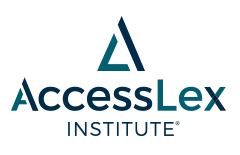
Law School Admissions
Title
Measuring Merit: The Shultz-Zedeck Research on Law School Admissions
Document Type
Law Review Article
Publication Date
2-2013
Keywords
admission criteria, incoming indicators, law school diversity
Abstract
Law schools profess a commitment to racial diversity both for the educational benefits diversity confers and for its contribution to the profession. But they admit students based on standards that, while not discriminatory in a legal sense, undeniably favor white applicants. Today the question of who belongs in any given law school, or law school at all, turns almost exclusively on an applicant’s score on the Law School Admission Test (LSAT). Law schools are not blind to the racial impact that accompanies this narrow measure of merit. But rather than taking a hard look at whether legal educators have adequately, or accurately, identified what qualities best qualify students for law school, the admissions process largely relies on affirmative action to ameliorate the current process's negative effects. That approach is imperfect for a whole host of reasons, not least of which is that affirmative action’s legal use in higher education may be about to end. Should race-conscious admissions practices be banned, every law school that truly values diversity will have to explore race-neutral means of achieving it. The good news is that research conducted by Marjorie Shultz and Sheldon Zedeck suggests that this is possible - that qualities relevant to effective lawyering can be defined and predicted without recreating the LSAT's disparate impact. This essay describes that research and the promise that it holds for improved, race-neutral, admissions processes.




